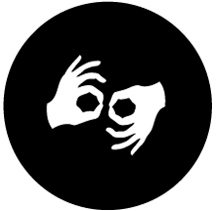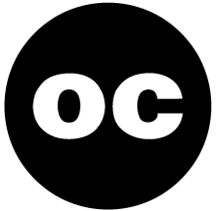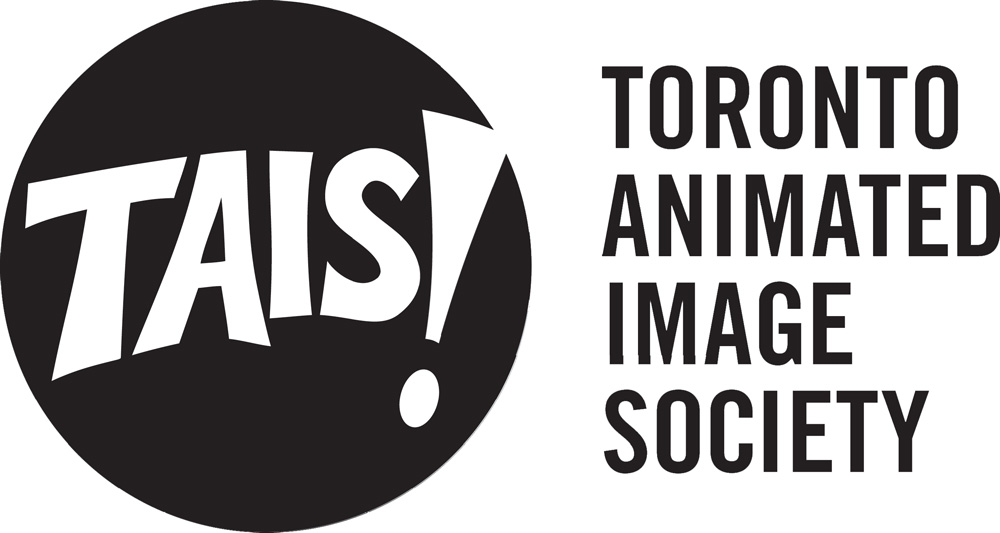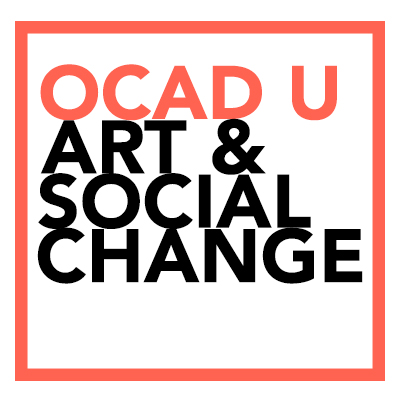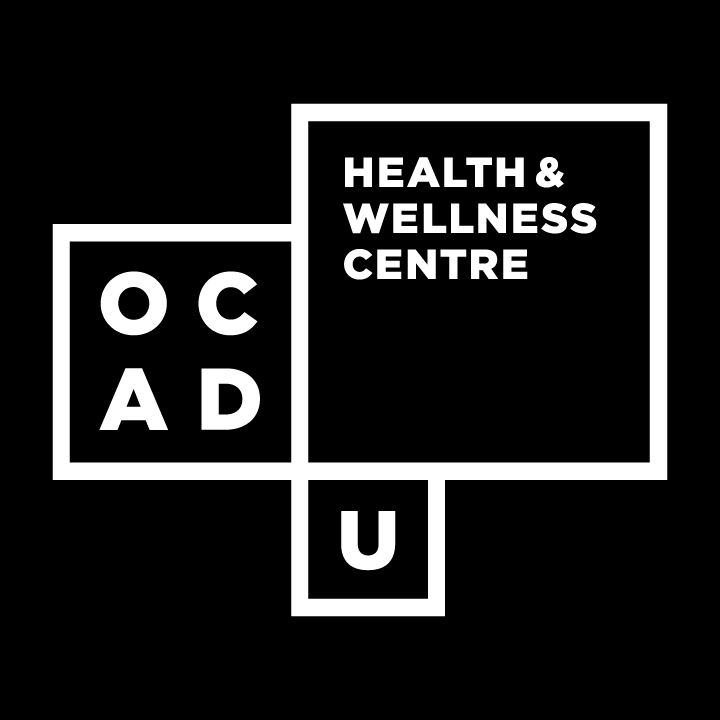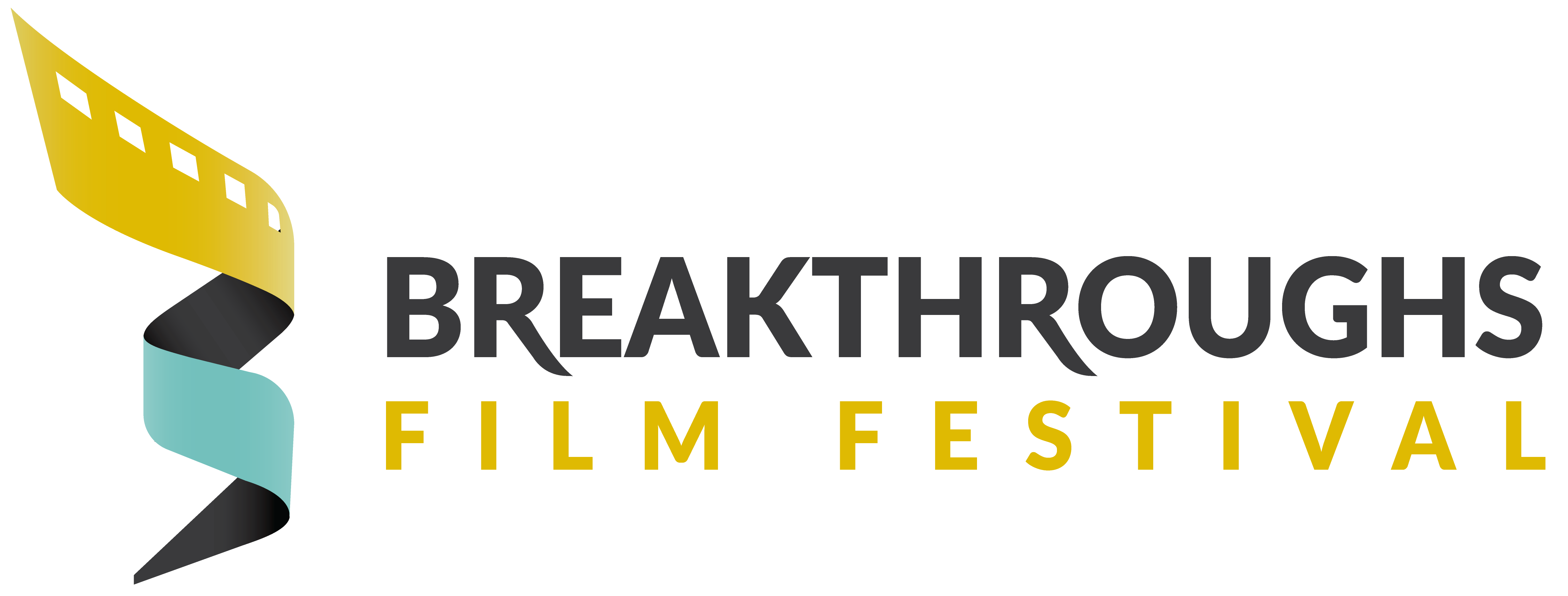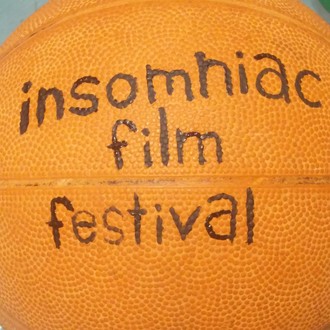Wheelchair Accessible Venue, ASL Interpreted, Open Captions
Trista Suke and Ellis Poleyko / 2018 / Canada / 60 mins / Toronto Premiere
GENRE: DOCUMENTARY
TYPE: FILM
Hair is just keratin protein and dead skin cells. Yet beauty standards today and historically have made hair and its appearance a signifier of status. When you are dissatisfied with the state of your hair, each hair care advertisement is a microaggression advocating anything but otherness.
Foxy is a spunky film that debunks the social stigma surrounding alopecia universalis by interweaving a scripted memoir of director Trista Suke’s personal story with direct-to-camera interviews highlighting people from the community who are also living with hair loss. In flirty fashion, the fictional character Penny Todd tracks a journey of ultimate self acceptance and what it’s like to live as a beautifully bald woman.
Screening with
Consent Is… The Freedom to Choose
Lucy Drumonde | 2019 | Canada | 1 min | Canadian Premiere
In public or private the ethics of informed consent acknowledges the human right to choose.
Isolation by Ann Bekooy
Ann Bekooy | 2019 | Canada | 8 mins | Toronto Premiere
Through a dreamscape of surreal images, artist Ann Bekooy poetically narrates the universal but somehow alienating condition of existence.
Animating Artists’ Health (Shorts Program)
Canada | 19 mins
Animating Artists’ Health features short animations exploring artists’ health and wellbeing. This program is a product of Artist Health Alliance’s Creating Artists’ Health initiative. Featuring shorts by M.C Cruz, Shelton Deverell, Nikole Hidalgo McGregor, Ess Joelle Okemow, Raoul Olou, David Rendall, and Tommy Truong.
Animating Artists’ Health is co-presented with Toronto Animation Society, OCAD Art & Social Change, and OCAD Health and Wellness Centre.
#GETMAD JOIN THE CONVERSATION
Sharing your story through film
We will be welcoming the range of filmmakers who are showing work as part of this screening to celebrate and reflect on the power of sharing their stories through film. What is it about the medium of film that has called each of these artists to create these works and how has it empowered them to reveal their vulnerable depths to themselves, audiences and each other?

